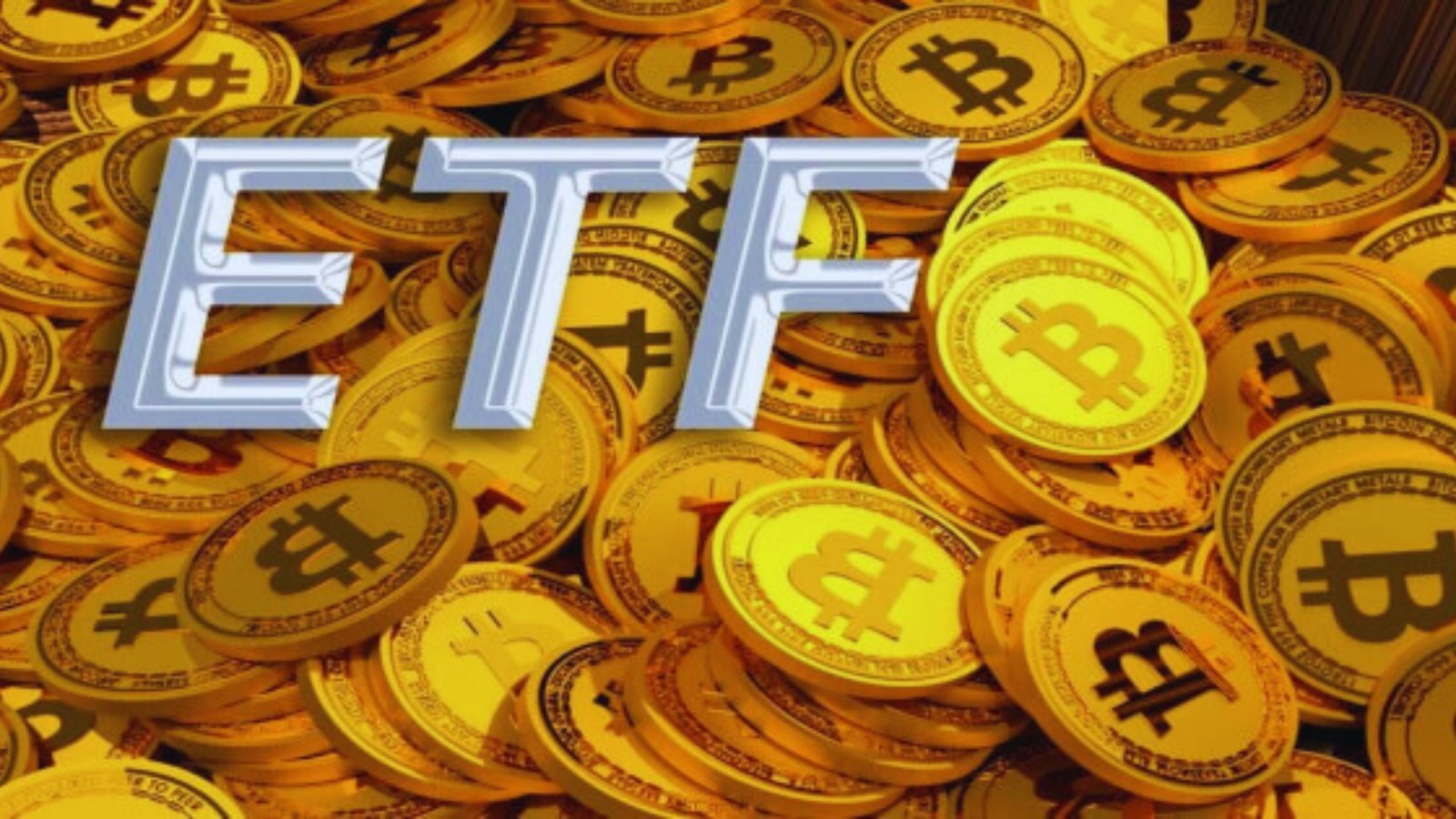The bitcoin market is booming as new financial solutions aim to bridge the gap between traditional banking and the fast-changing digital asset industry. Hashdex, a global crypto asset manager, filed a second amendment to approve its Nasdaq Crypto Index US ETF. This file explains the crypto ETF market’s prospects and challenges and shows the growing desire for regulated crypto investments.
This page covers Hashdex’s registration, crypto ETFs, regulatory problems, and market effects if the product is accepted.Hashdex, an asset management company, is working on a US cryptocurrency ETF. November 25 saw the business file its second updated S-1 application with the SEC.
Understanding Crypto ETFs
Bitcoin ETFs let investors trade bitcoins without owning them. ETFs follow cryptocurrency prices like equities, bonds, and commodities. These funds reach more investors through traditional stock markets. Crypto ETF trading is simpler, liquider, and easier than cryptocurrency administration. Regulations improve workplace security and compliance. Combining finance and digital assets, crypto ETFs attract institutional and ordinary investors who may escape the volatile cryptocurrency market. ETFs help mainstream cryptocurrencies as demand for simpler, regulated crypto investment surges.
Hashdex’s Second Amendment
The second Nasdaq Crypto Index US ETF certification revision from Hashdex is required for U.S.-regulated cryptocurrency investments. Real crypto and futures increase ETF liquidity and volatility. The petition says Hashdex follows SEC market manipulation, custody security, and transparency rules. Nasdaq Crypto Index US ETF offers wide market exposure in a regulated financial product with its full cryptocurrency portfolio. More institutional crypto investment and digital asset finance are needed. Allowing it may increase crypto ETF market access.
US ETF Hashdex Amendment 2nd Nasdaq Crypto Index
Hashdex’s latest application pushes Nasdaq Crypto Index US ETF approval. ETFs diversify cryptocurrency exposure. The fund will debut with only BTC and ETH from the Nasdaq Crypto US Index. The application suggests adding more digital currency.The fresh filing follows the SEC’s October request for extra time to study Hashdex’s S-1 application. Hashdex’s updated filings show regulatory compliance, as the SEC is suspicious of bitcoin products. SEC has not barred firms from filing Spot ETFs like WisdomTree’s XRP.
Regulatory Hurdles for Crypto ETFs
Crypto ETFs are hard to regulate due to SEC market integrity and investor protection concerns. Unregulated crypto markets are rife with price manipulation and fraud. ETF stability may depend on cryptocurrency pricing. Logistics and laws make digital asset storage and hacking protection difficult. For smaller investors, the SEC requires extensive risk disclosures and transparency. Regulatory crypto ETFs benefit from blockchain and institutional engagement despite these hurdles. Hashdex is aggressively fixing these issues, demonstrating industry maturity and acceptance.
Crypto Index ETFs Gaining Popularity
Increasingly, asset managers are placing a higher priority on crypto index exchange-traded funds (ETFs). These exchange-traded funds (ETFs) are said to provide wide market exposure, similar to that of S&P 500 index funds, according to experts. S&P 500 exchange-traded funds are popular among investors. It was anticipated by Katalin Tischhauser, who is the chief of research for Sygnum investment. Similar to other exchange-traded funds (ETFs), Hashdex is interested in a bitcoin index ETF.
 The objectives of Greyscale and Franklin Templeton are similar. Along the same lines as the Nasdaq Crypto US Index, the Franklin Crypto Index ETF follows Bitcoin and Ethereum through the CF Institutional Digital Asset Index program. Bitcoin, Ethereum, SOL, and XRP exchange-traded funds are among the goals of the Grayscale Digital Large Cap Fund.
The objectives of Greyscale and Franklin Templeton are similar. Along the same lines as the Nasdaq Crypto US Index, the Franklin Crypto Index ETF follows Bitcoin and Ethereum through the CF Institutional Digital Asset Index program. Bitcoin, Ethereum, SOL, and XRP exchange-traded funds are among the goals of the Grayscale Digital Large Cap Fund.
Market Implications of Approval
Nasdaq Crypto Index US ETF may impact institutional liquidity. First, institutional investors wary of crypto regulation and market volatility may participate. A regulated product can give institutions safer, more familiar cryptocurrency exposure and big cash. Having private investors trade the ETF like stocks would increase crypto market liquidity. Investment and market engagement may stabilize crypto values. Hashdex’s ETF clearance may encourage other asset managers to establish similar products, legitimizing cryptocurrencies.
Possible Regulation and Market Impact
US cryptocurrency ETF laws may change in months. SEC Chair Gary Gensler resigns Jan. 20, 2025. Trump’s second term begins. Pro-crypto After Gensler’s strict regulation, Trump promised bitcoin reform. Regulators fear the SEC leadership switch will hinder bitcoin financial product approvals. Bloomberg ETF specialist James Seyffart advised retaining most of the allocation in Bitcoin and Ethereum to alleviate index ETF altcoin regulatory concerns. SEC may approve XRP and Solana kosher index ETFs. A future SEC administration’s aims and strategy may matter.
Also Read: Cause of BTC’s $98,000 Surge and Next Steps
In Summary
Hashedex’s second Nasdaq Crypto Index US ETF rises, bans Bitcoin. Non-ownership ETFs allow established institutions to trade bitcoin and cryptocurrencies. Institutional and retail crypto ETF investors like trading, liquidity, and regulation.Hashedex’s SEC filing emphasizes custody, transparency, and market manipulation. Bit/Ether ETFs concentrate markets. Controlling crypto ETFs, market integrity, fraud, and storage/security.
Hashedex’s ETF may modernize cryptocurrencies by increasing liquidity and institutional interest. Assessing asset managers’ rising interest in crypto index ETFs and regulatory challenges including the 2025 SEC leadership shift that could delay crypto financial product certification.
[sp_easyaccordion id=”2117″]









